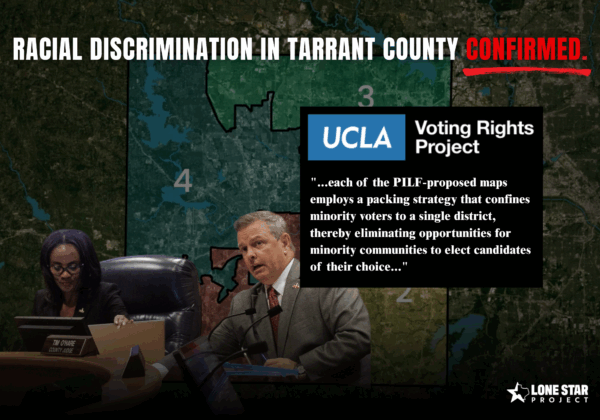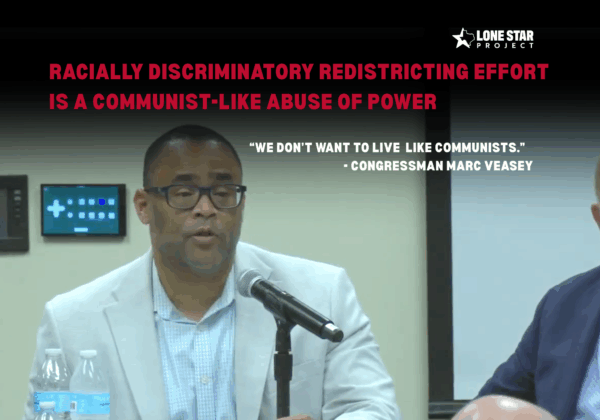“Plaintiffs make this request out of concern that without resolution of their claims regarding the 2011 redistricting plans for the Texas House of Representatives and Texas Congressional districts, redistricting plans adopted to disadvantage minority voters will not be completely remedied in time for yet another election in 2018. In addition, Plaintiffs fear that any further delay in the entry of judgment on their claims, when considering the remaining issues yet to be litigated and concomitant potential appeals, may be overlapped by the release of a new census in 2021. Thus, further delay may interfere with a final and complete resolution of Plaintiffs’ claims.” | 

